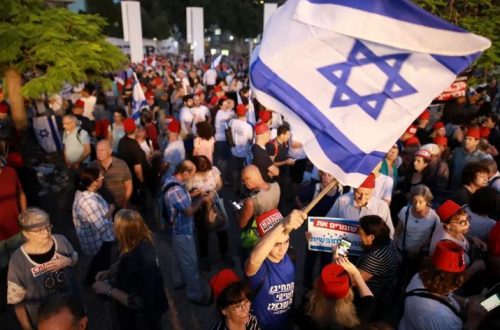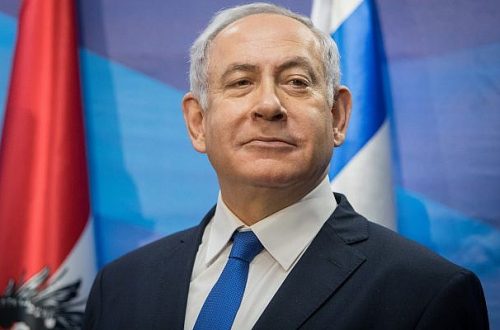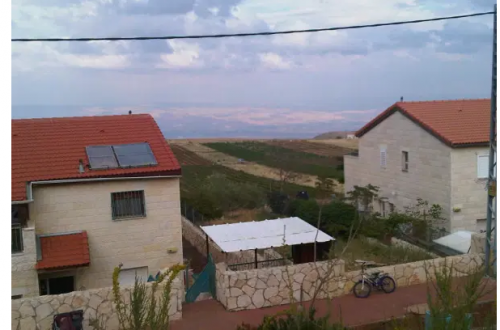My favorite Israeli politician is Stav Shaffir, the youngest (29) female Knesset member and one of the leaders of movement for social and economic justice that brought hundreds of thousands of Israelis into the streets in 2011.
Shaffir was elected to the Knesset on the Labor party list in 2013 and is one of the leading candidates on the Zionist Camp list led by Isaac Herzog and Tzipi Livni. As a member of the Knesset finance committee she has made a nuisance of herself (in the best possible way) in challenging the all-too-prevalent lack of transparency and the general corruption in the Israeli government’s budgeting process. She has focused much of her anger on the egregious Naftali Bennett, leader of the rightwing HaBayit HaYehudi (Jewish Home) party and minister of the Economy in the Netanyahu government.
New York City Council member David Greenfield made a powerful statement in defense of Israel in response to protesters who interrupted the council’s commemoration of the victims of Auschwitz. Among other things, he said: “Every other Middle Eastern state… persecutes people who disagree with them except for one country, which is the state of Israel.”
Here is Shaffir addressing the Knesset, both denouncing the deceit of the current government and proclaiming her commitment to her vision of Zionism:
And here are some excerpts from an interview by Newsweek last month:
When we led the protest movement, we thought, naively, that if we mobilize enough people to the streets to demonstrate for social justice, the government will understand that this is what the public wants and will do something to change.
It took me many months, (nearly a year) after the last big rally (the half a million rally) to understand that unless we enter politics and make a change, it will not happen. We do not have the privilege of thinking that politics is too dirty or too corrupt.
…..
Until my military service I do not think I ever crossed the Green Line with my family. In the army I got to see both sides. I met and stayed with a number of settlers. Before the disengagement I lived in Gush Katif for a while, to get the feel and understand the needs of the settlers who were evacuated. I covered a lot of the stories of the Palestinians who lived in the West Bank and I got a number of different narratives.Following my military service I wanted to continue on the path of conflict resolution, so I got a scholarship to study in London for three years in the Olive Tree Program, together with a group of fellow Israelis and Palestinians. This was another very interesting experience, because were a group of people that were not from one single ideological position—we were left-wing people and very right-wing people (there were two settlers within the group).
We studied and learned from people from Northern Ireland. We got not only inspiration, but real knowledge on how to resolve conflict.
What bothered me most was that many of my friends did not want to return home afterwards. Many of my Israeli friends both here, and those who lived abroad did not believe there was a chance to make real change. They slowly got stuck in the position that they should only take care of their own lives and try to make the best situation for their personal families.
This is very not Israeli. There is something about being an Israeli. There is a story in what Israel is and what Zionism is—that we don’t give up.
…..
In ten years’ time we will have a much more transparent and decent political system and our democracy will become much stronger. The fact that Israel is suffering from socio-economic gaps that we never had before is a result of our political corruption.There is enough money in the system to solve the problem of poverty, and the problem of housing, and to make our public hospitals much better. It is just a matter of making the decision.
Today the ideology of the government is just to survive as a government. It’s funny. Netanyahu is the son of a historian, but 15 years in the future, when historians look back at his period as prime minister, what will they say? He did not leave a trace. There is nothing he did which he could be proud of in any field—not in the security field, not in the socio-economic field. He failed. He is not courageous enough to do anything.
We, in our generation, which is the third generation for Israel, need to take the inspiration of our grandparents’ generation that built this country with so much courage and so much hope. We need to take everything that we learned and the solutions that exist in the 21st century to make Israel the best place to be.
Sensibly, I think, Shaffir endorses (with modifications) the Arab initiative for a regional settlement of the Arab-Israeli conflict as an alternative to the now-broken direct negotiations between Israel and the Palestinian Authority. Clearly Israel can’t accept all of the conditions (return to the precise pre-1967 borders, unlimited right of return for Palestinian refugees), but it would at least provide a different way of approaching what now seems an intractable deadlock.
And even if you think Shaffir is hopelessly naive about the possibility of an Arab-Israeli agreement, I hope you can agree that Israel is a better country for having people like her fighting for their vision of a better, fairer and more just society.
Update: Somewhat related, and definitely worth reading, is this Letter from an Angry Black Woman.


